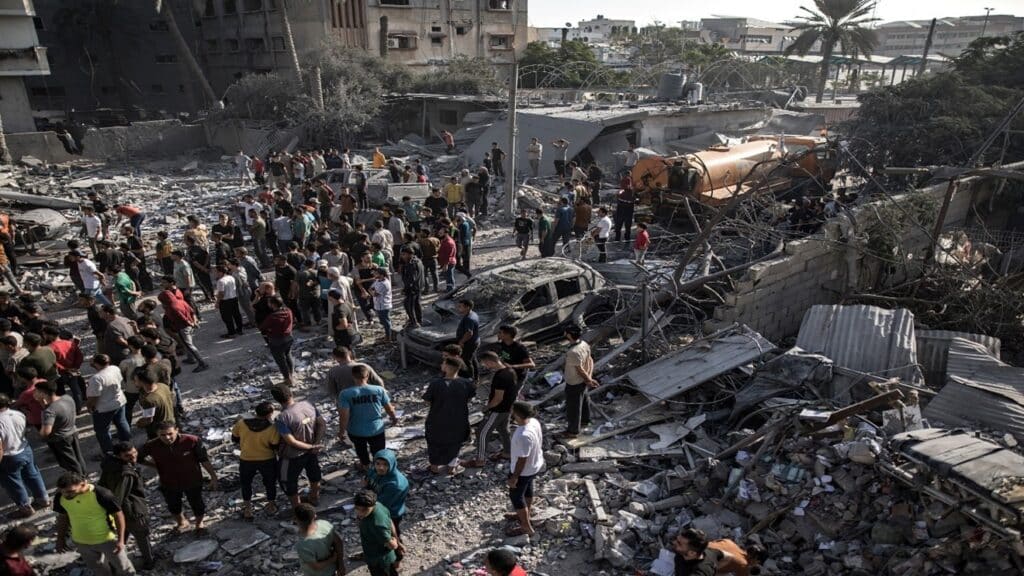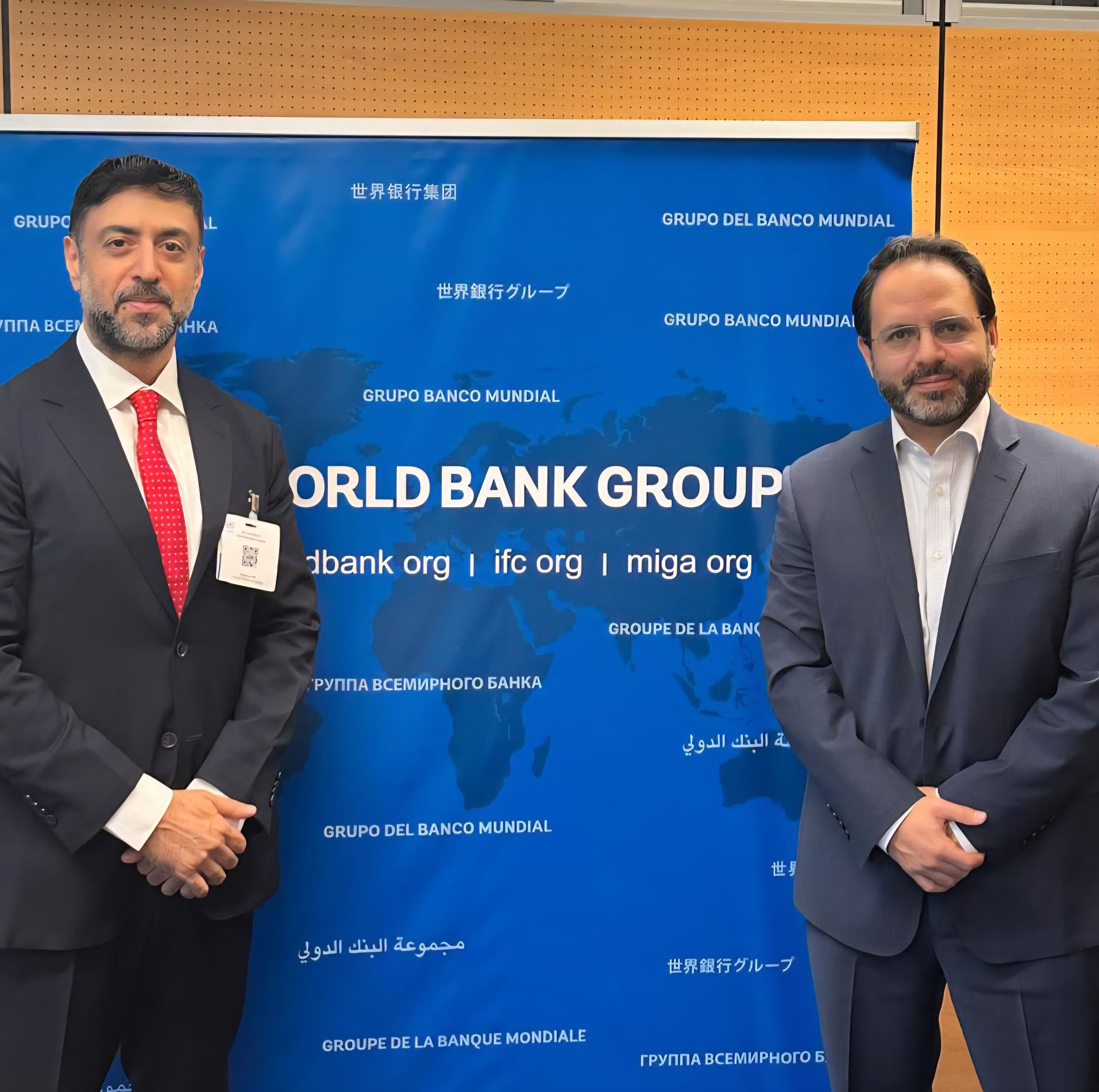Cairo
Source: Al-Wafd Newspaper
Prof. Dr. Ali Mohammed Al-Khouri
The Middle East has witnessed intense tensions over the past few days, as a result of the ongoing conflict between Palestinian factions and Israel. This has caused severe tensions in energy prices and the global economy, threatening further economic crises in the region. These include a severe recession in the region, rising commodity prices, and a halt to foreign direct investment in the region. As the conflict continues and expands, crises may intensify and accelerate.
Bloomberg Economics released a 2023 report, discussing the deterioration of the macroeconomic environment, along with sharp fluctuations in interest rates, which have “paved the way” for increased global volatility.
The report explained that global investors are closely monitoring the conflict to determine whether the war between Israel and Hamas will spread to the rest of the region.
The report outlines three scenarios that will clarify where the economy will head and what future plans may be put in place, depending on the developments in the region and their global spread.
Scenario 1: The Conflict Remains Within Gaza Only
In 2014, the kidnapping and killing of three Israelis by Hamas prompted a ground invasion of the Gaza Strip, which left more than 1,000 people dead. The clashes did not expand beyond the Palestinian territories, and their impact on oil prices and the global economy was minimal.
According to Bloomberg, the impact on the global economy under this scenario would be minimal, especially if other OPEC countries replace the lost Iranian barrels using their spare capacity.
Scenario 2: The War Expands Beyond Palestine
If the conflict spreads to Lebanon and Syria, it increases the likelihood of a direct conflict between Israel and Iran, and the economic cost will increase, likely leading to higher oil prices, according to Bloomberg.
The price of crude oil jumped by $5 per barrel during the 2006 war between Israel and Hezbollah. In addition to the shock caused by the confined war scenario, a similar move today would raise the price by 10% to around $94.
The global economic impact in this scenario would come from two shocks: a 10% jump in oil prices and the impact on financial markets, coupled with risks similar to those experienced during the Arab Spring. The report does not rule out the possibility of Arab Spring-like protests if the war escalates.
Scenario Three: War between Israel and Iran
A direct conflict between Iran and Israel is a low-probability but dangerous scenario. It could trigger a global recession. Rising oil prices and a decline in risk assets would severely impact global economic growth, potentially leading to higher inflation.
The price of crude oil may not quadruple, as happened in 1973 when Arab countries imposed an oil embargo in retaliation for US support for Israel in the war that year. However, if Israel and Iran begin launching missiles at each other, oil prices could rise in line with what happened after Iraq’s invasion of Kuwait in 1990. A spike of this magnitude could send oil prices to $150 a barrel.
Spare production capacity in OPEC countries, including Saudi Arabia and the UAE, may not be able to save the situation, according to Bloomberg, especially if Iran decides to close the Strait of Hormuz, through which a fifth of the world’s daily oil supply passes. There would also be a surge in riskier assets in financial markets, perhaps comparable to the VIX index’s peak of 16 points in 1990.
It is clear that conflicts will witness a struggle in the region, through parties that want to escalate them to achieve their own goals. The world, using its soft and hard power, and the wise men of the world and the region, must stop this destructive war on the Palestinian people by all possible means, especially since it is devastating to the economy of the region as a whole, from which no one will be spared, and is capable of causing the destruction of the entire economy of the region for decades. If it is not stopped, it will spread to other places, with the entry of regional and international countries and various parties into it. Its impact will be catastrophic on the economy and life as a whole.












